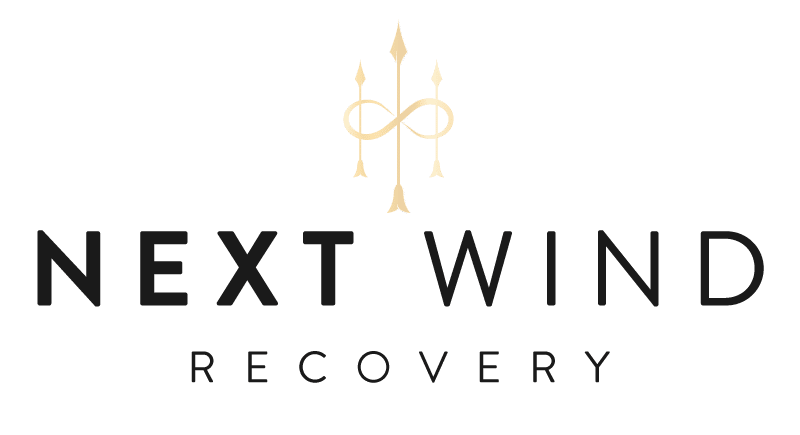Recovery from addiction can be challenging, and it’s not always easy to find the right treatment program that addresses all the underlying issues. That’s where dual diagnosis rehab centers come in. These specialized treatment facilities offer a comprehensive approach to addiction recovery by addressing substance abuse and underlying mental health disorders.
At Next Wind Recovery, we recognize that addiction and mental health disorders often go hand in hand, and treating one without the other can lead to relapse. By addressing both issues simultaneously, our clients can receive the holistic care they need for long-term recovery.
To learn more about rehab for dual diagnosis, speak with a treatment specialist at our Top-Rated Drug Rehab in New Jersey.
Understanding Dual Diagnosis
Dual diagnosis, also known as co-occurring disorders, refers to the presence of both a substance abuse disorder and a mental health disorder. Addiction and mental health disorders, such as depression, anxiety, or bipolar disorder, are often intertwined and can exacerbate each other. For example, individuals struggling with depression may turn to drugs or alcohol to cope with their symptoms, while substance abuse can worsen existing mental health conditions.
Dual diagnosis is more common than people might think. According to the National Survey on Drug Use and Health, in 2019, an estimated 9.5 million adults aged 18 or older had a mental illness and a substance use disorder in the past year. But unfortunately, not all treatment centers can provide specialized care for dual-diagnosis patients.
The Importance of Dual Diagnosis Rehab Centers
Dual-diagnosis rehab centers offer a unique approach to addiction treatment that addresses both substance abuse and mental health issues. In addition, these facilities provide specialized care for individuals with co-occurring disorders, offering a comprehensive recovery approach tailored to each patient’s specific needs.
The goal of dual diagnosis rehab is to provide patients with the tools they need to effectively manage their addiction and mental health disorders. This includes medication management, behavioral therapy, and alternative treatments such as yoga and meditation. By addressing both issues simultaneously, patients can achieve long-term recovery and improve their overall quality of life.
Different Types of Dual Diagnosis Rehab Centers
There are several different types of dual diagnosis rehab centers available. Some are inpatient facilities, where patients stay for an extended period and receive around-the-clock care. Outpatient centers offer more flexibility, allowing patients to receive treatment while still living at home or attending work or school.
Intensive outpatient programs (IOPs) provide a structured treatment plan that includes several hours of therapy per day, several days a week. Partial hospitalization programs (PHPs) offer a higher level of care, with patients attending treatment for several hours a day, several days a week, but returning home at night.
The type of program that is best for an individual depends on the severity of their addiction and mental health disorders and their personal preferences and needs.
The Benefits of a Comprehensive Approach
A comprehensive approach to addiction treatment means addressing all the underlying issues contributing to substance abuse. In the case of dual-diagnosis patients, this means treating both the addiction and the mental health disorder.
A comprehensive approach gives patients the tools to effectively manage their addiction and mental health issues. This includes behavioral therapy, medication management, and alternative treatments such as yoga and meditation. By taking a holistic approach to recovery, patients can achieve long-term success and improve their overall quality of life.
The Role of Therapy in Dual Diagnosis Treatment
Therapy is an essential component of dual diagnosis treatment. Behavioral therapy, in particular, is used to help individuals change their attitudes and behaviors related to substance abuse and mental health disorders.
Cognitive-behavioral therapy (CBT) is commonly used in dual diagnosis treatment. CBT helps patients identify negative thinking and behavior patterns and replace them with positive ones. This type of therapy effectively treats both substance abuse and mental health disorders.
Dialectical behavior therapy (DBT) is another type used in dual diagnosis treatment. DBT teaches patients coping skills to manage intense emotions and reduce self-destructive behaviors. This type of therapy effectively treats individuals with borderline personality disorder and substance abuse disorders.
Next Wind Recovery – A Dual Diagnosis Treatment Center
Dual diagnosis rehab centers, like Next Wind Recovery, offer a unique approach to addiction treatment that addresses both substance abuse and mental health disorders. By providing a comprehensive approach to recovery, patients can receive the specialized care they need to achieve long-term success.
At Next Wind Recovery, we offer traditional therapy, alternative treatments, and aftercare programs to help individuals manage their addiction and mental health disorders effectively. With the proper treatment and support, individuals with co-occurring disorders can break free from the cycle of addiction and achieve long-term recovery.
Learn more about how to find quality dual diagnosis treatment in New Jersey by calling Next Wind Recovery.








